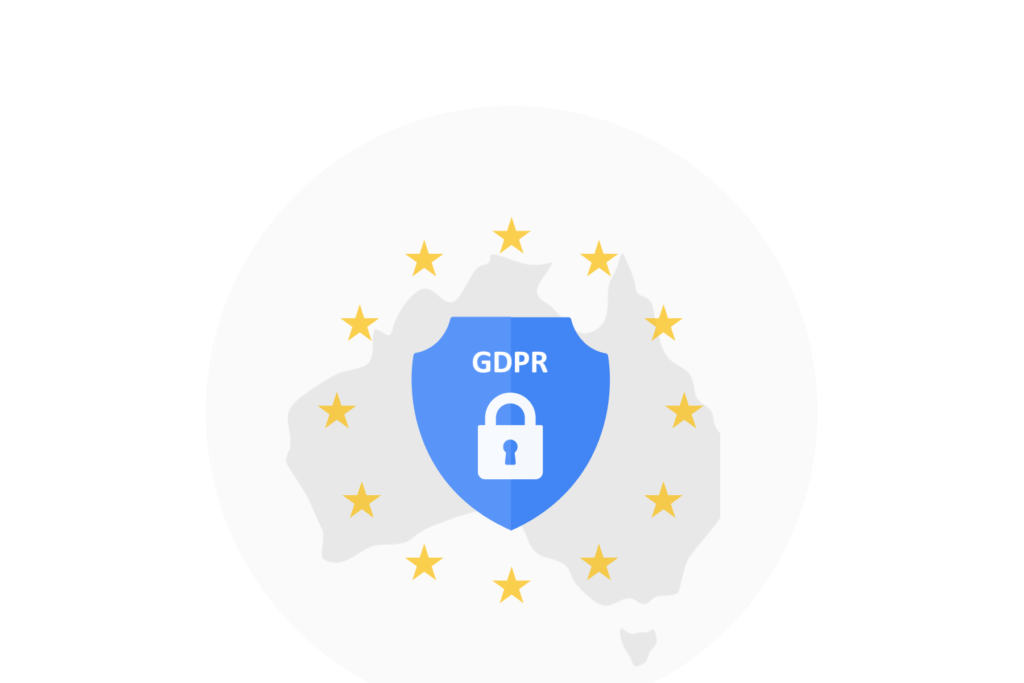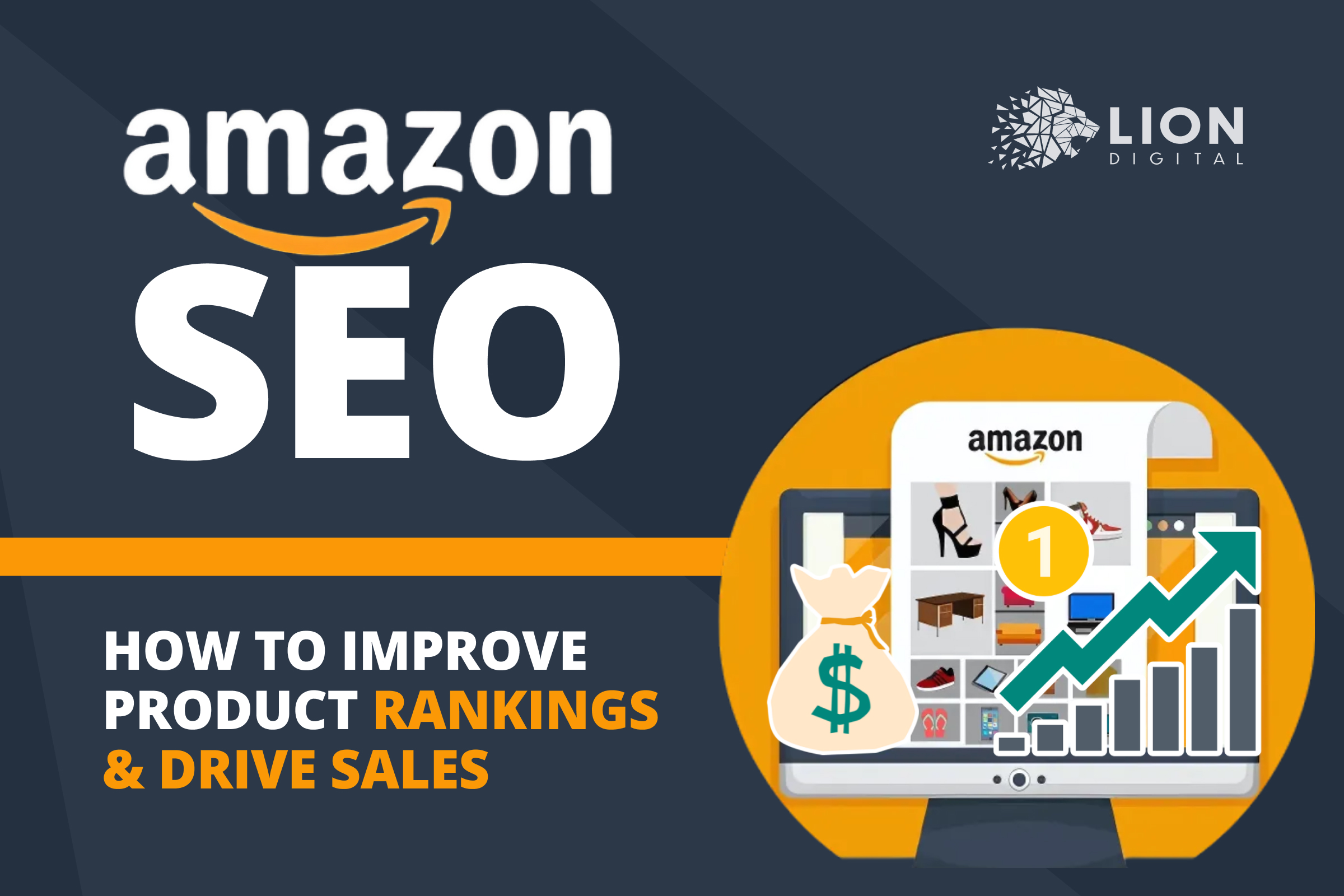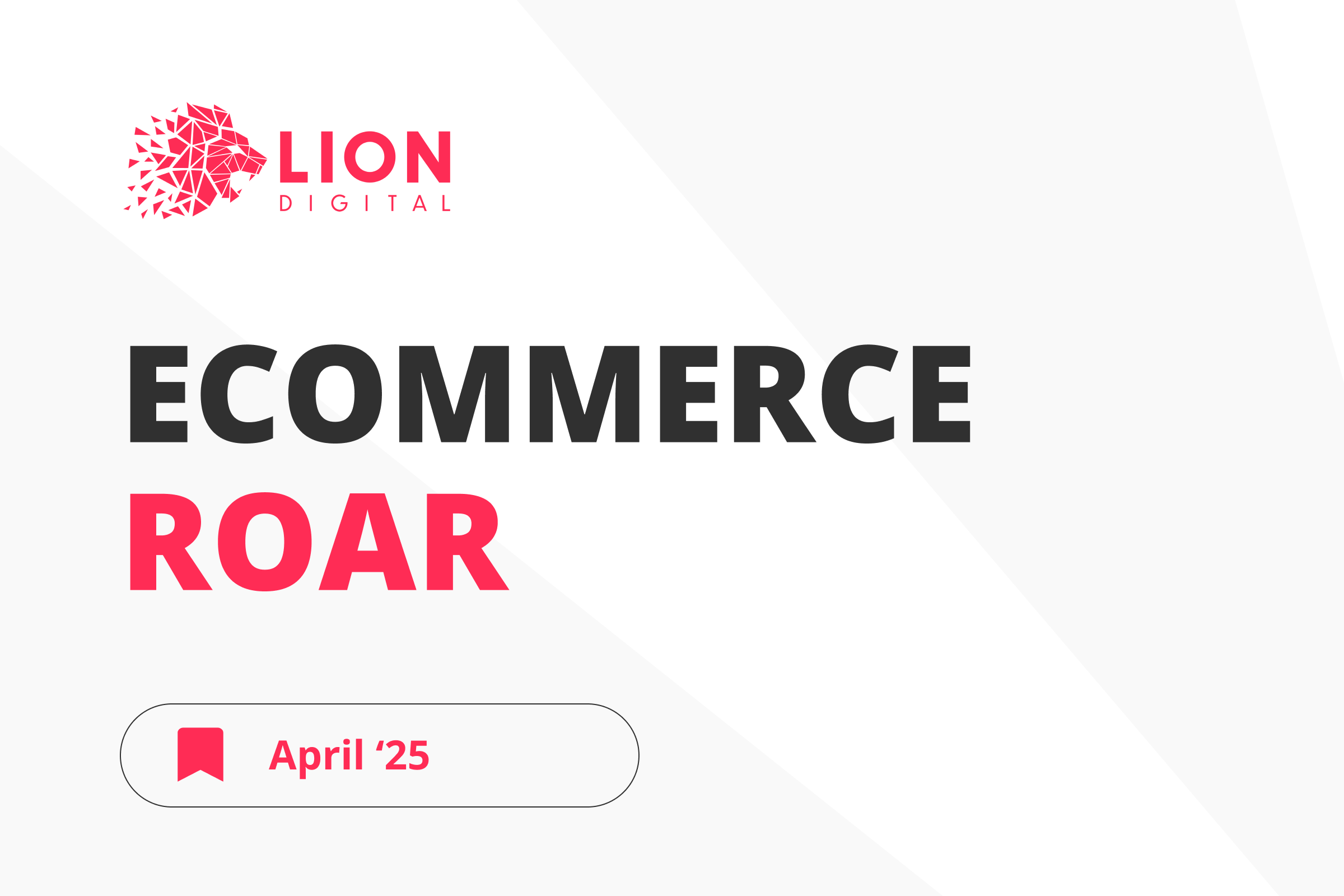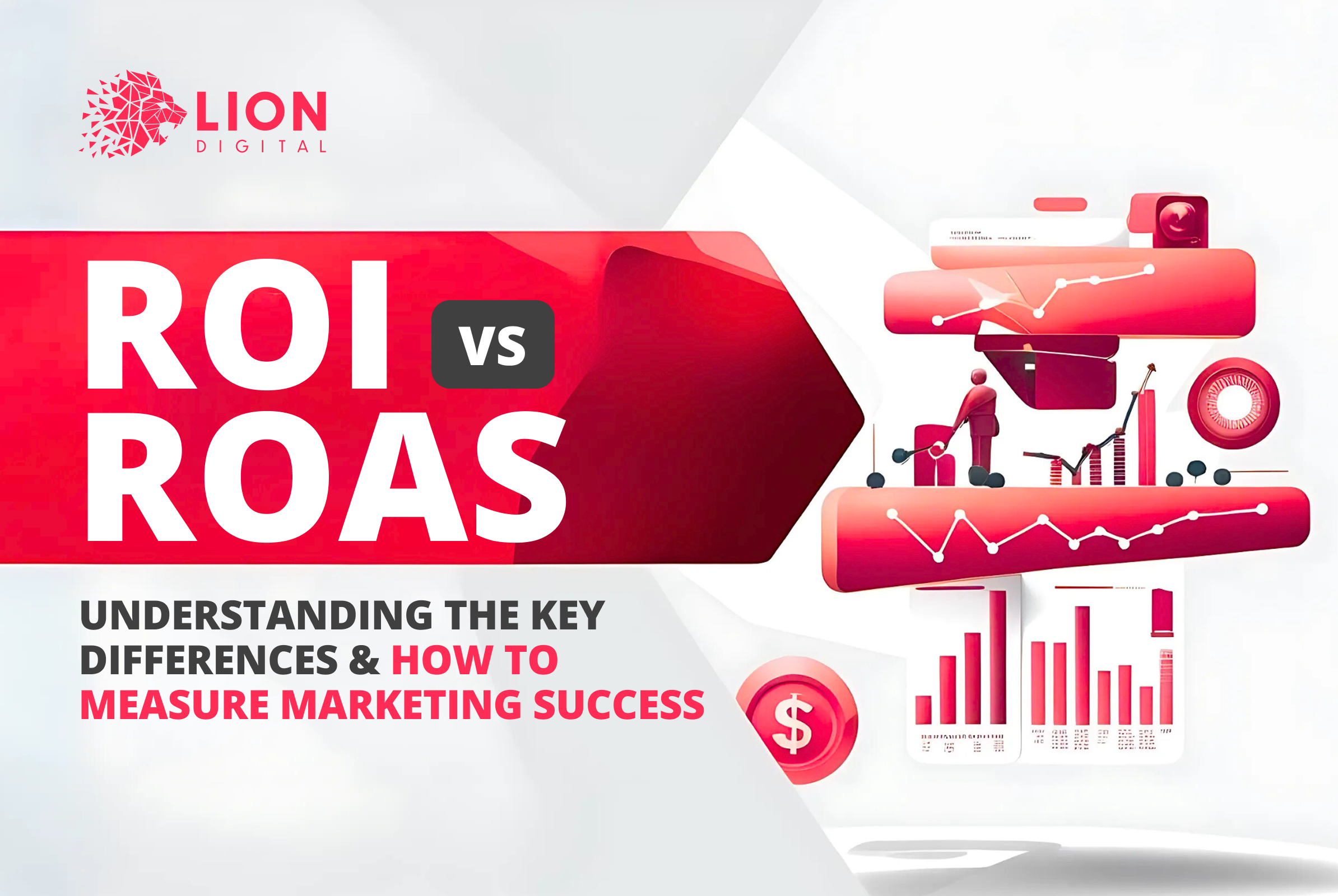
Overview
In today’s interconnected digital world, Australian businesses cannot ignore the impact of the stringent security guidelines of the General Data Protection Regulation (GDPR), adopted by the European Union in 2018. While originating in the EU, GDPR applies globally. This blog post explores the minutiae of GDPR, and its implications for Australian businesses. Keeping you aligned with the key steps to ensure compliance, LION Digital is your one-way ticket to thrive in the digital era, and to help you understand and adhere to GDPR.
Data is king. It drives businesses forward, shapes customer experiences, and fuels innovation. Yet, with great data comes great responsibility, and in Australia, as well as internationally, the General Data Protection Regulation (GDPR) is an intelligent piece of legislation that businesses must understand and comply with to navigate the complex data landscape for best practice.
In this blog post, we’ll delve into the whole GDPR projectory, how it affects Australian businesses, and help you understand whether or not you’re compliant…
Understanding GDPR and Australian Businesses
GDPR and Australian Businesses
The GDPR is a set of data protection regulations that were implemented by the European Union (EU) in 2018. While it’s EU-centric in origin, it impacts businesses in Australia as it is an international guideline. This is because the GDPR applies not only to all organisations within the EU but also to any entity that processes the personal data of EU residents. In today’s interconnected world, that’s a minefield of data regulations you don’t want to be shy of.
In addition, we are increasingly seeing Australian businesses from medium to enterprise scale experiencing data breaches at the expense of their customers’ sensitive personal information. Unsurprisingly, this heightened risk is making consumers more selective about who they give their information to and how it will be handled.
GDPR and How It Affects Your Business in Australia
So, how does GDPR affect your business Down Under?
If you collect or process data from individuals in the EU, the guidelines state you must comply with GDPR rules that govern European customers or those that run marketing campaigns targeting EU citizens.
GDPR Compliance for Australian Businesses
So, yes, there is relevance of GDPR for Australian businesses, but what does compliance mean for you?
Understand What Data You Collect and Why
The first step towards GDPR compliance is understanding the data you collect and why you gather it. Conduct a thorough audit of your data practices.
Ask yourself: What information do we gather from customers and employees? Why do we collect it? Knowing what data you have and its purpose is fundamental to GDPR compliance.
Adopt a Robust and Secure Customer Data Platform (CDP)
A Customer Data Platform (CDP) is a centralised system that collects, organises, and analyses customer data from various touchpoints, such as websites, email campaigns, social media, and more.
This thorough gathering of comprehensive information enables businesses to securely deliver personalised and targeted marketing campaigns, thereby enhancing customer engagement and driving sales.
Klaviyo has recently rolled out its Customer Data Platform (CDP) Solutions, promising to revolutionise customer data management and drive marketing strategies for businesses.
Obtain Explicit Consent
Under GDPR, you must have clear and specific consent from individuals before collecting their data. Review your consent forms and opt-in processes to ensure they meet GDPR’s stringent requirements. This step is crucial for any Australian business engaging with EU residents.
Implement Robust Data Security Measures
GDPR places a strong emphasis on data security. Make sure your data handling and storage practices are up to date. Encrypt sensitive data, regularly revise security protocols, and train your employees to be vigilant about data protection.
Appoint a Data Protection Officer (DPO)
Depending on your organisation’s size and the scale of data processing, appointing a Data Protection Officer might be beneficial and having a dedicated DPO can ensure your compliance is always up to speed.
Educate Your Team
GDPR compliance isn’t just an IT issue; it’s a company-wide responsibility. Educate your team about GDPR principles and train them on best practices for data protection. Awareness and knowledge among your staff are key to helping you avoid unintentional breaches.
It is not necessarily relevant whether your business is trading within the EU or not. We can predict that with the increasing regularity of data breaches, there will be a call for stricter data protection standards globally within the near future to protect consumers.
Be Prepared for Data Subject Requests
GDPR gives individuals more control over their data. You must be prepared to handle data subject requests, such as access, rectification, or deletion of personal data, in a timely manner.
Monitor and Adapt
The digital landscape is ever-evolving, and therefore data protection regulations are constantly under review. Stay informed about changes to GDPR and adapt your practices accordingly. Regularly review and update your privacy policies and procedures to stay compliant and ensure no intervening action is required.
GDPR and Australian businesses are inextricably linked in today’s globalised digital world. Understanding the implications of GDPR and taking proactive steps to ensure compliance is part of your trust-building connection with your customers. It is also the first step in safeguarding their data.
GET IN CONTACT TODAY AND LET OUR TEAM OF ECOMMERCE SPECIALISTS SET YOU ON THE ROAD TO ACHIEVING ELITE DIGITAL EXPERIENCES AND GROWTH
Contact Us

Article by








